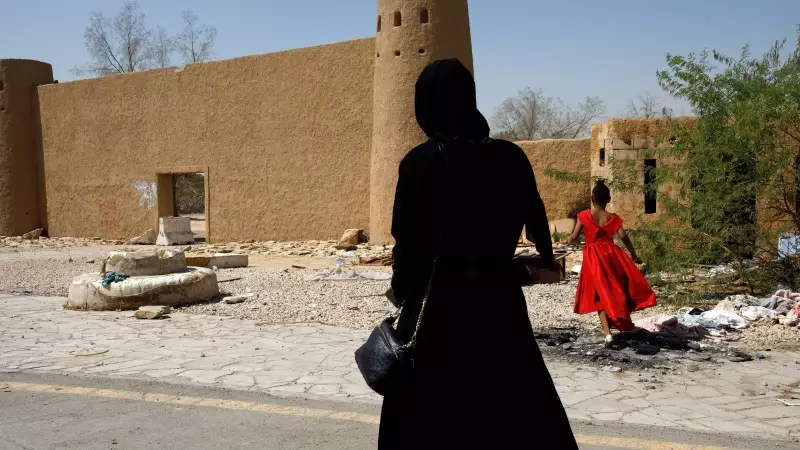
Dozens of Indian mothers are currently trapped in Saudi Arabia, separated from their children and families back home due to complex legal and employment disputes. These women, who traveled to the Gulf nation for work, now find themselves in desperate situations with limited options for returning to India.
The Heartbreaking Plight of Stranded Mothers
Among the affected women is Subaida, a 45-year-old from Kerala, who has been separated from her three children for over two years. She came to Saudi Arabia in 2018 to work as a domestic helper, hoping to provide better education for her children. However, when she requested to return home to visit her family, her employer confiscated her passport and refused to grant an exit visa.
Another victim, Fatima from Hyderabad, shares a similar tragic story. She arrived in Riyadh in 2019 as a nurse but found herself trapped when her contract ended. "I haven't seen my daughter in three years," Fatima revealed through tears. "She was only eight when I left, and now she's growing up without her mother."
How the Kafala System Enables Exploitation
The root cause of these distressing situations lies in Saudi Arabia's controversial Kafala system, which ties migrant workers directly to their employers. Under this sponsorship system, foreign workers cannot change jobs or leave the country without their employer's explicit permission.
Many of the stranded women report that their employers routinely violate labor laws by:
- Confiscating passports upon arrival
- Withholding salaries for months
- Denying exit permits for family emergencies
- Creating false cases against workers who complain
Human rights organizations have documented over 50 similar cases involving Indian women in Saudi Arabia just within the past year. The actual number is believed to be much higher, as many victims fear reporting their situations due to potential retaliation.
Government Response and Ongoing Efforts
The Indian government has acknowledged the severity of the situation. Indian embassy officials in Riyadh and Jeddah have been working to resolve individual cases, but progress remains slow due to legal complexities within the Saudi system.
In February 2024, the Ministry of External Affairs stated they had successfully repatriated 12 stranded women following intense diplomatic negotiations. However, dozens more remain trapped, awaiting resolution of their cases.
Advocacy groups like Migrant Rights and Indian Workers' Forum have been pressing both governments to implement stronger protections for migrant workers. They emphasize that while Saudi Arabia has introduced some labor reforms in recent years, implementation remains inconsistent, and exploitation continues.
The emotional toll on these separated families is immeasurable. Children in India are growing up without their mothers, while the women in Saudi Arabia face daily uncertainty about when, or if, they'll be reunited with their families. Their stories highlight the urgent need for comprehensive reforms in migrant worker protections and stronger bilateral agreements between India and Saudi Arabia.





